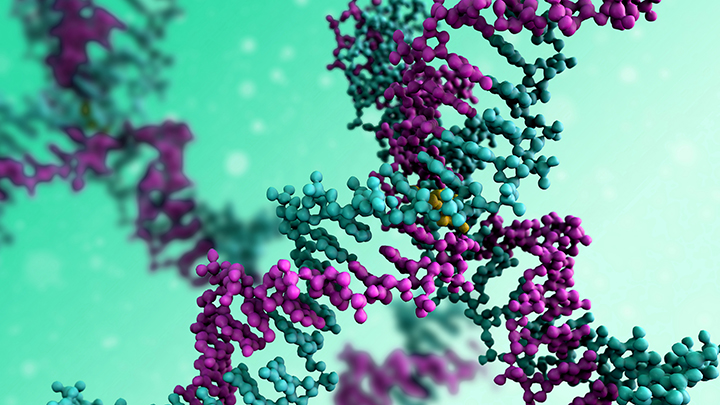Biomolecular interactions
We use molecular simulation and experimental biophysical approaches to study the structure, function and interactions of biomolecules of importance in health and disease mechanisms.

Using national facilities, such as the Pawsey Supercomputing Centre and the Australian Synchrotron, our researchers investigate the structure of cell membranes, the action of venoms with therapeutic potential, amyloid formation in neurodegeneration and diabetes, lipid transport and drug delivery.
View researchers
School of Pharmacy and Biomedical Sciences
Professor Ricardo L. Mancera
Professor Mancera’s research focuses on studying the structure and interactions of biomolecular systems such as proteins, cell membranes, lipoproteins, nucleic acids and other molecules in order to understand disease mechanisms and biophysical processes.
Dr Evelyne Deplazes
Dr Deplazes’ research aims to understand the actions of spider venom peptides on cell membranes and receptors in order to develop venom-based drugs to treat cancer, infectious disease and neurological disorders.
Dr Mahreen Arooj
Dr Arooj’s work focuses on drug design using molecular modelling and systems biology approaches, as well as understanding the mechanism of reaction of enzymes and the structure of proteins involved in disease states.